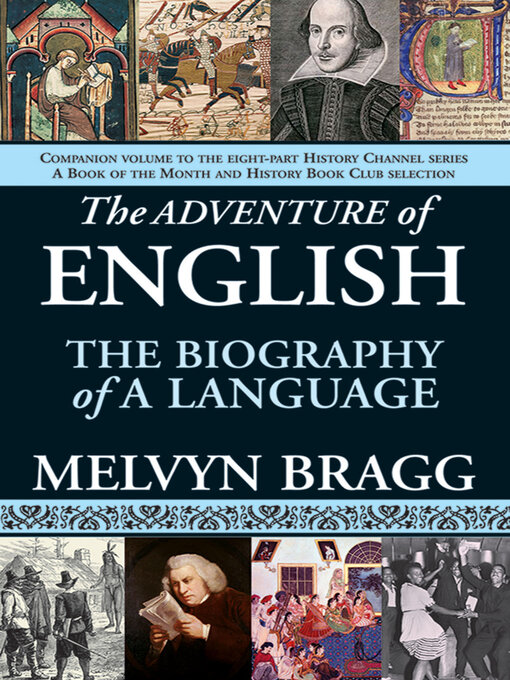- Level Up
- Chills & Thrills: YA Thrillers
- Check Out a Graphic Novel
- Love is in the Air
- Youth Media Award Medals & Honors
- YA Cumulative Youth Media Awards
- Calling the Shots
- See all ebooks collections
- Level Up
- Chills & Thrills: YA Thrillers
- Love is in the Air
- Youth Media Award Medals & Honors
- YA Cumulative Youth Media Awards
- Calling the Shots
- See all audiobooks collections



